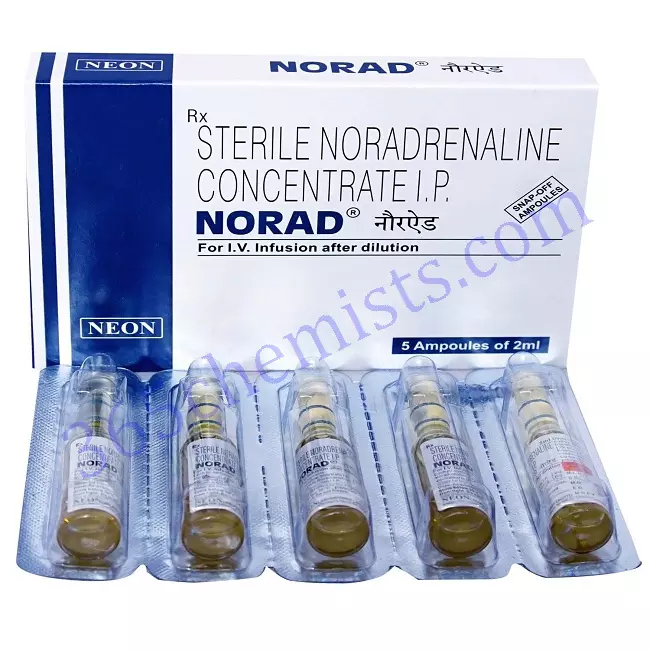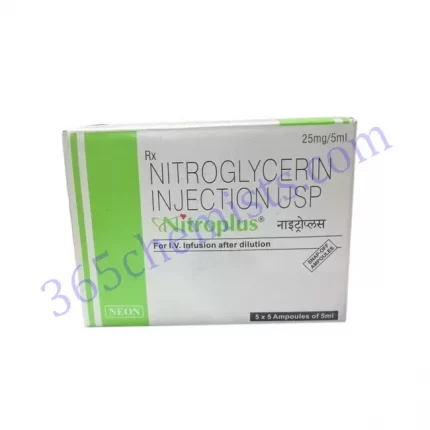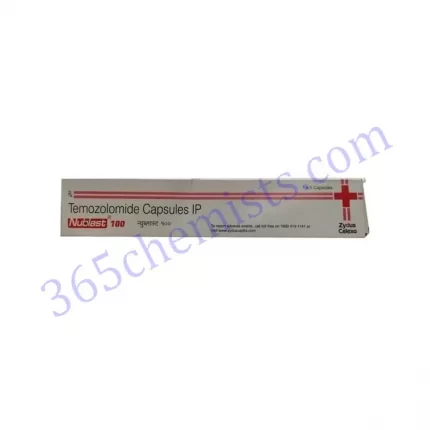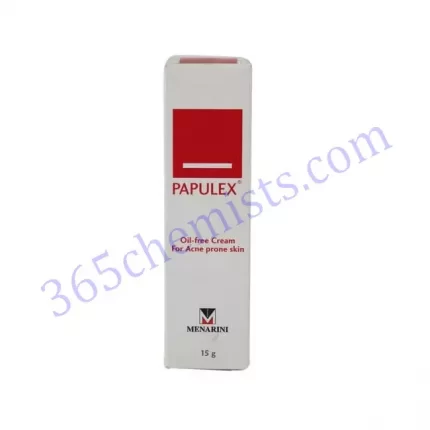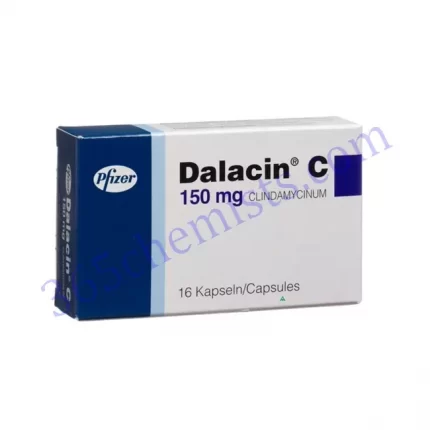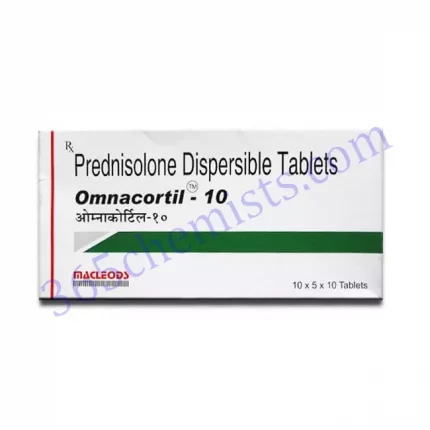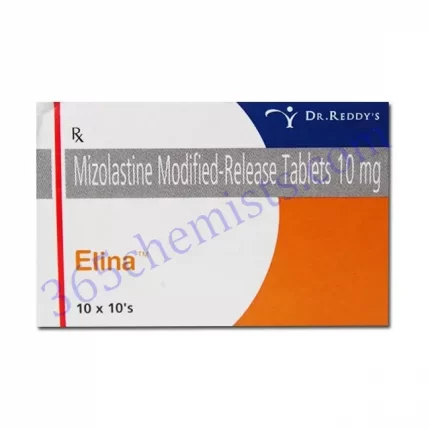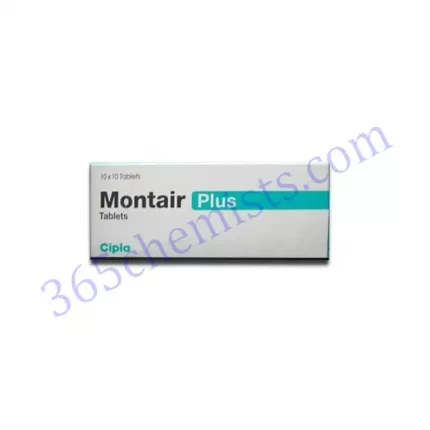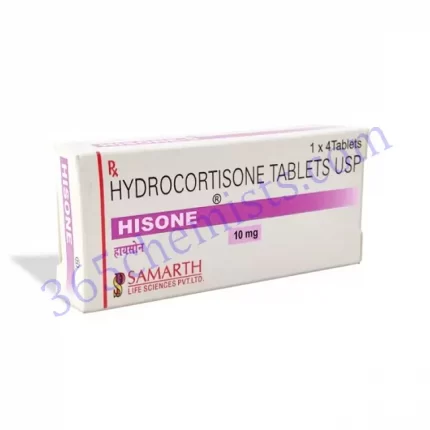Norad 2mg Injection (Norepinephrine 2mg): A Powerful Vasopressor Medication for Critical Care
Norad 2mg Injection is a powerful pharmaceutical formulation that has been designed to act as a vasopressor agent in critical care settings. It contains 2mg of norepinephrine and is intended to save lives in emergency situations. This medication is an essential component in the treatment of severe hypotension and shock, both of which are common in patients who are in critical condition. In this all-encompassing summary, we will discuss the pharmacological properties, indications, and contraindications of Norad 2mg Injection, as well as the dosing guidelines, potential side effects, and special precautions associated with the medication.
Understanding Norad 2mg Injection
Norad 2mg An injection is a sterile, colourless, and transparent solution that is given intravenously. Norepinephrine, the active component, is a powerful adrenergic agonist that acts on both alpha-1 and beta-1 receptors. It has both a neurotransmitter and a hormone-like effect in the body, helping to control a variety of physiological processes. Norepinephrine acts as a vasopressor, which causes blood vessels to constrict, which in turn raises blood pressure. Additionally, norepinephrine enhances the contractility of the myocardium, which results in an increase in cardiac output.
Indications for Norad 2mg Injection
Norad 2mg Injections are typically recommended for use in the treatment of acute cases of hypotension as well as shock states. A variety of medical conditions, such as septic shock, cardiogenic shock, hypovolemic shock, or neurogenic shock, can bring on these symptoms. It is extremely important to keep in mind that this medication is designed for use in intensive care settings, which are equipped with the capability of performing close monitoring of hemodynamic parameters.
Contraindications
Even though Norad 2mg Injection is extremely useful in the management of critical conditions, it is essential to recognise the circumstances in which its application might not be appropriate. It is not recommended to give patients who have any of the following conditions Norad 2mg Injection:
- Individuals who have previously shown signs of hypersensitivity or allergic reactions to norepinephrine or any of the other components of the injection should steer clear of using it.
- Patients who have severe bradycardia, also known as an abnormally slow heart rate, should avoid receiving the Norad 2mg Injection because it has the potential to make their condition even worse.
- Before beginning treatment with norepinephrine, it is essential to identify and treat any underlying hypovolemia (low blood volume) with the appropriate fluids. This must be done before the treatment can begin.
Dosage and Administration
Norad 2mg Injections should only be given by qualified medical professionals who have previous experience in the administration of critical care. The patient’s clinical condition and response to treatment should inform the determination of the appropriate dosage as well as the rate at which the infusion is administered. The injection may be administered intravenously through a central venous catheter or through a large vein located on the periphery of the patient’s body. It is important to be careful when titrating in order to achieve the desired blood pressure and to prevent unwanted side effects.
Potential Side Effects
Norad 2mg Injection is a medication, and as such, it has the potential to cause side effects just like any other medication. Some examples of common adverse effects include:
- One of the most common side effects of norepinephrine is an increase in blood pressure, also known as hypertension. However, prolonged exposure to high altitudes has been linked to complications like cerebral haemorrhage.
- Bradycardia: The use of Norad 2mg Injection may, in some instances, result in a decrease in heart rate. This can be particularly concerning in patients who already had bradycardia before beginning treatment with the medication.
- Tissue Necrosis If the injection extravasates into the tissues that are surrounding the injection site, it has the potential to cause severe vasoconstriction, which in turn can lead to tissue necrosis.
- Arrhythmias: Because of the effect that norepinephrine has on cardiac receptors, patients may be more likely to experience arrhythmias; therefore, continuous cardiac monitoring is required.
- Ischemia is caused when the vasoconstrictive effects of norepinephrine reduce the amount of blood that flows to vital organs, which in turn leads to the death of tissue.
Special Precautions
When administering Norad 2mg Injection, medical professionals are required to exercise extreme caution and follow a number of specific safety protocols, including the following:
- Continuous Monitoring It is important for patients who are receiving norepinephrine to have their blood pressure, heart rate, and urine output continuously monitored so that the medication can be adjusted appropriately.
- Management of Extravasation In the event that extravasation occurs while an injection is being given, the infusion must be stopped immediately, and the affected area must be managed appropriately in order to prevent damage to the tissue.
- Infiltration Danger Because of its powerful vasoconstrictive properties, the site of injection ought to be inspected on a regular basis for any signs of infiltration.
- Patients who already have an existing cardiovascular disease should undergo a thorough evaluation before beginning treatment with norepinephrine.
Conclusion
In the medical field of critical care, the vasopressor medication Norad 2mg Injection, which contains norepinephrine 2mg, is an essential medication used to treat acute hypotension and shock. Norepinephrine is able to stabilise critically ill patients because of the action it has on alpha-1 and beta-1 adrenergic receptors. This action results in an increase in blood pressure and cardiac output. However, it is absolutely necessary to use this medication with extreme caution, making sure to perform constant monitoring and careful management of any potential adverse effects. Before beginning treatment with Norad 2mg Injection, medical professionals are required to carefully assess each patient’s condition and weigh the potential advantages and disadvantages of the procedure. It is without a doubt possible for Norad 2mg Injection to become an indispensable instrument in the arsenal of critical care management if the appropriate dosing and administration guidelines are followed.

